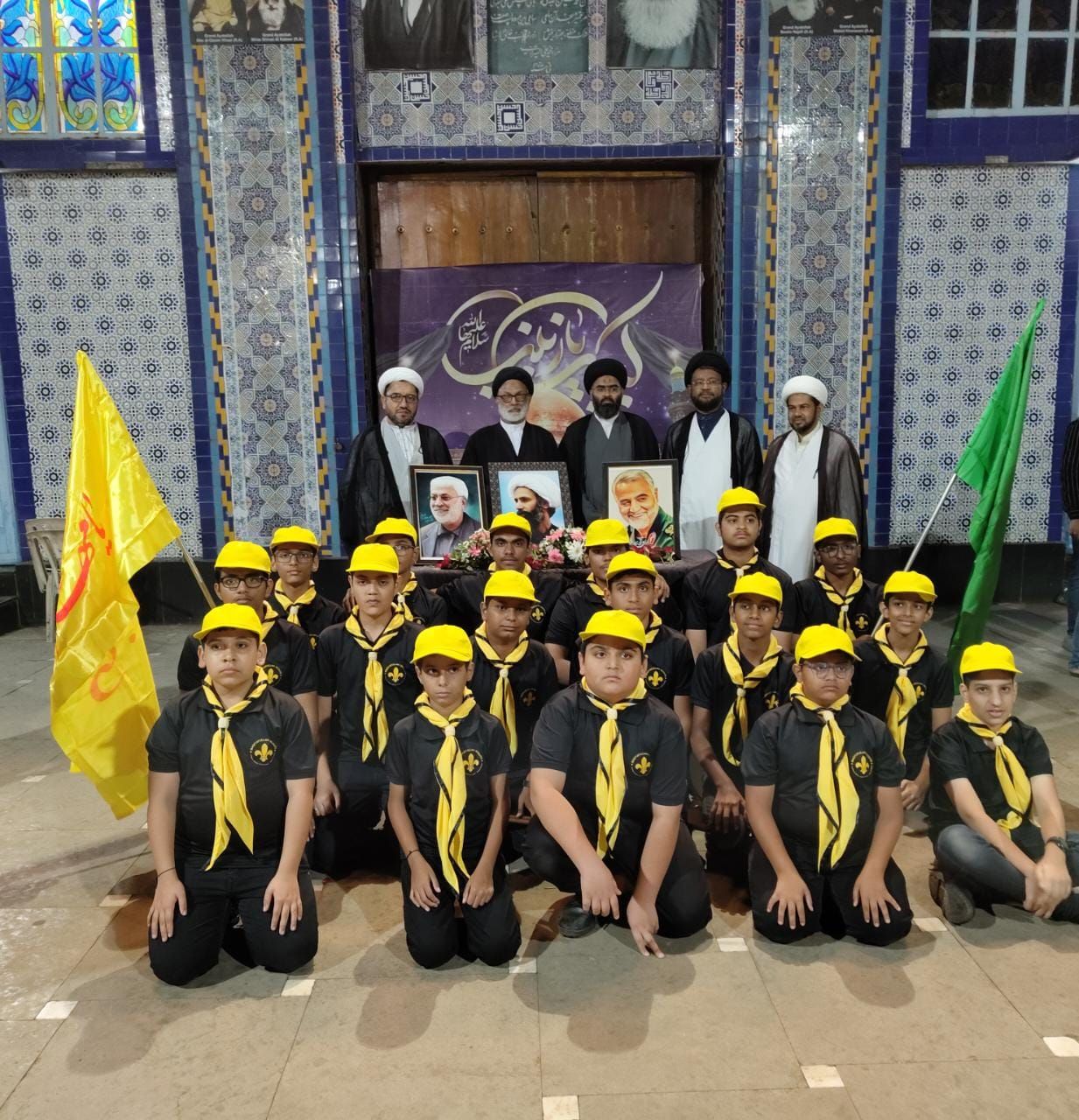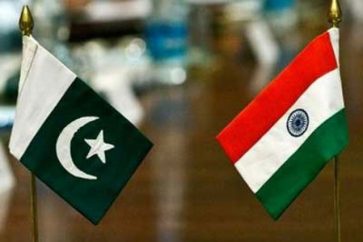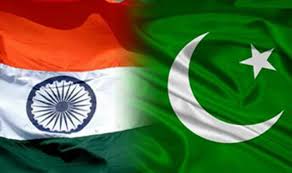Sayed Mahdi Rizvi – Mumbai
As the entire world ring the New Year, millions in Iran, Iraq, and Syria mourn the martyrdom of a man who gave them a new life. A life without fear of Daesh.
Also thanking the General will be 39 Indian nurses who were taken hostage by the brutal and dreaded Daesh.
The world doesn’t only need to mourn the death of Hajj Qasem Suleimani but also celebrate his life.
General Suleimani’s unwavering efforts ensured that Daesh was wiped off the face of the earth. Their evil plans to install a fake ‘Islamic State’ were met with resistance and the strategy of General Soleimani who helped the region get rid of their presence.
An Indian expert on the West Asian region, told a leading Indian newspaper that officials in Delhi might have had periodical contacts with him (General Suleimani) to discuss cross-border terror groups in the wider West Asia region.
Suleimani was the face of armed resistance against ISIL in Iraq and Syria and contributed in a big way to defeating ISIL.
General Suleimani had also slammed Pakistan for its failure to control terror groups on its soil.
The bravery of General Suleimani remains unmatched and rivaled. There are still some questions that the world still needs to answer.
Who benefitted from his assassination?
Who wanted him gone?
It is only Daesh who wanted to see him gone. However, the Deash had been hurt so brutally that they are yet to regroup themselves.
General Suleimani, along with Iraq’s military chief Abu Mahdi Muhandis ensured that peace returned in the region.
Earlier on Saturday and Sunday (December 31 and January 1), ceremonies in memorial of the great martyrs were held at Iranian Mosque, Dongri; Shia Kabrastan, Mira Road, and Zaib Palace, Yari Road.
Maulana Syed Qazi Askari delivered speeches on the occasion to commemorate the martyrdom of General Qasem Suleimani, Abu Mahdi Muhandis, and other martyrs who sacrificed their lives to protecting human lives, and ward off Daesh attacks on the Shrine of Sayyeda Zainab (A.S.) in Damascus, the granddaughter of Prophet Muhammad (PBUH).
Disclaimer: Al-Manar is not responsible for the content of the article. All opinions expressed are those of the writer’s not Al-Manar’s or its staff.
Source: Al-Manar English Website




